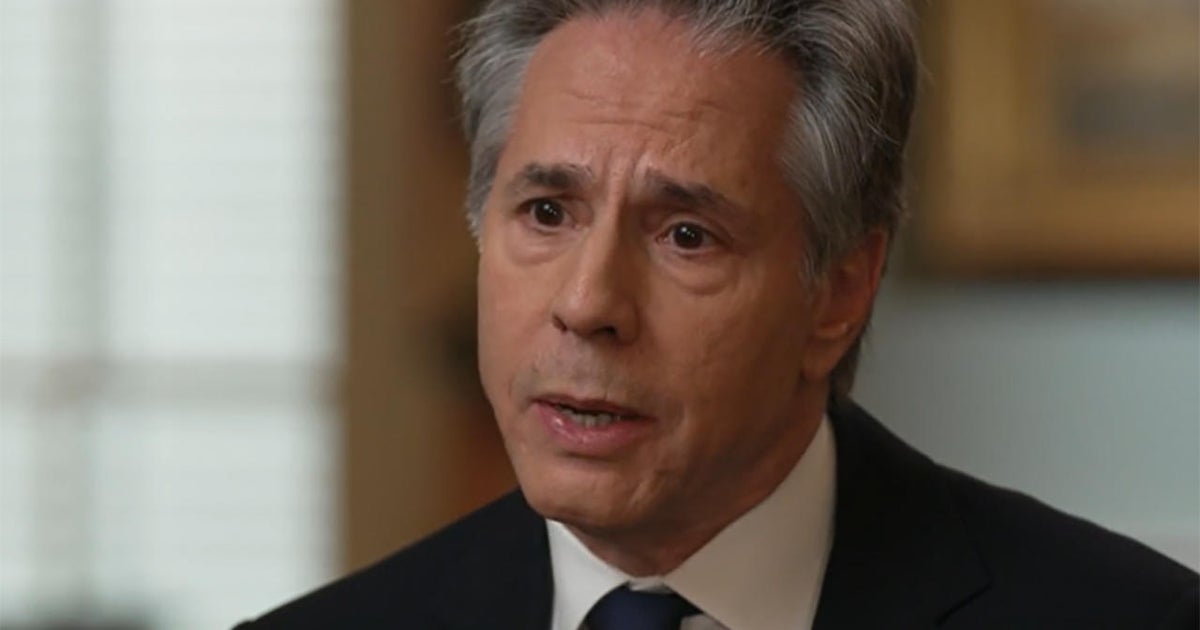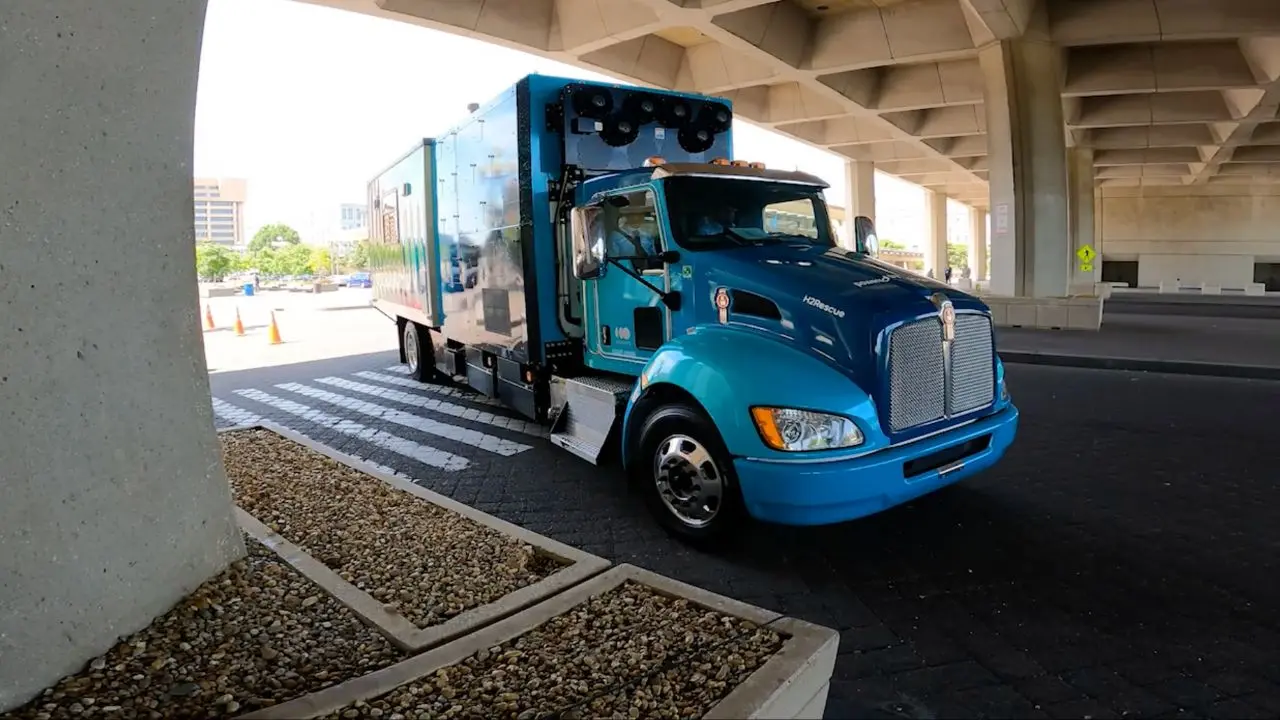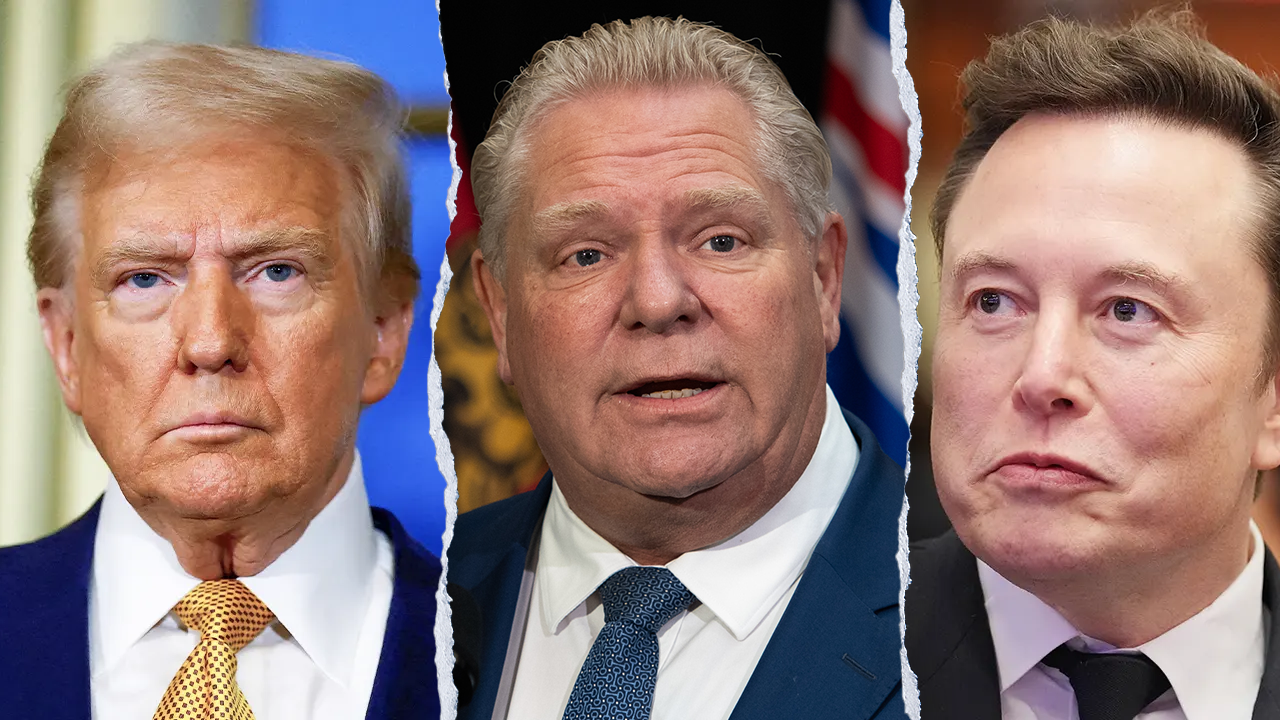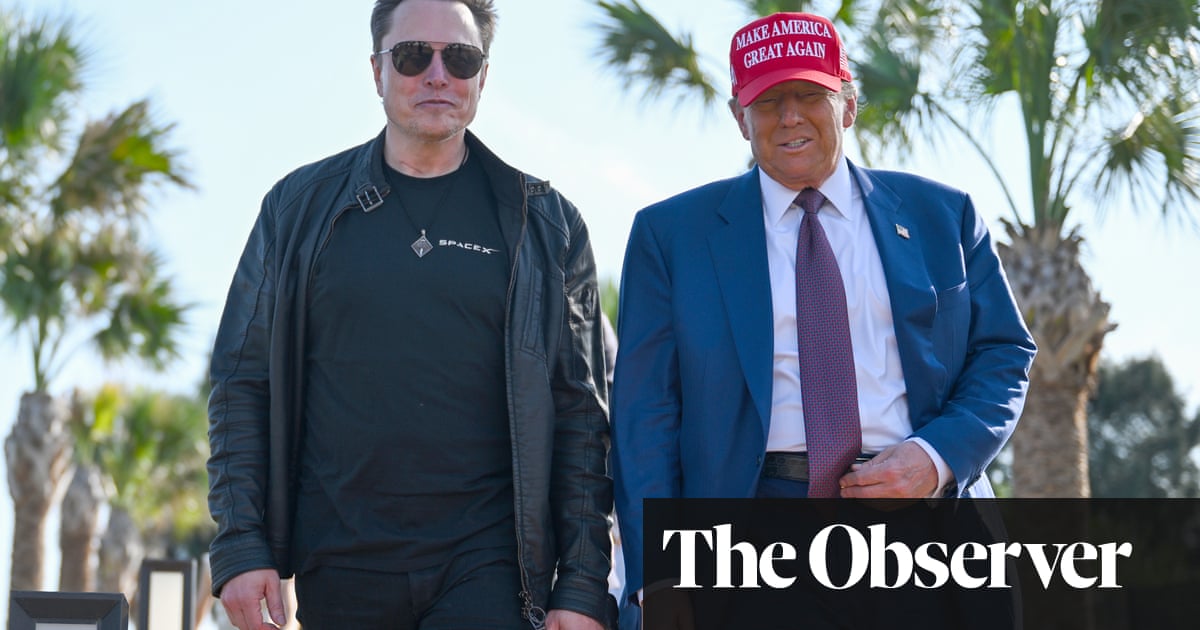World
A new world order? Why there is method in Trump’s ramblings – and the UK needs to work with him

At his inauguration on 20 January Donald Trump will talk to his fellow Americans about his plans to Make America Great Again. He has already given the rest of the world their marching orders.
At an impromptu news conference last week he spelt out his determination to put America first in his dealings abroad.
The president-elect refused to rule out using force or economic coercion to take control of Greenland and the Panama Canal. He warned NATO members that they must spend 5% of GDP on defence if they want to continue to shelter under the US security umbrella.
He called for the Gulf of Mexico to be renamed the Gulf of America. He has also slightingly referred to Canada as “the 51st state” and called its prime minister “governor”.
In a further provocation directed specifically at the UK, Sebastian Gorka, a senior advisor to Trump, told that The Times “any nation which wishes to be seen as a serious ally and friend of the most powerful nation in the world should act in a fashion that reflects that serious commitment” and that means bringing back around 70 Islamic State prisoners and their dependents to the UK, including Shamima Begum, who have been deprived of British citizenship.
Donald Trump’s boasts of territorial expansion met a predictable response. French and German leaders asserted that “borders must not be removed by force”. The French foreign minister Jean-Noel Barrot bemoaned a “return to the law of the strongest”.
Trump’s ideas are certainly disruptive to the world order and have many downsides. They should not be taken as the ravings of a madman and a bully, however.
There is method in Trump’s ramblings. Quietly, reluctantly, some allies, notably the UK, are beginning to face up to his world view.
Britain’s new government is shaking up foreign policy, recognising this is “a moment of great uncertainty”.
Two veterans of the pragmatic New Labour government have been brought back, Peter Mandelson as ambassador to the US and Jonathan Powell as national security advisor.
A new top diplomat is being installed to run the Foreign, Commonwealth and Development Office – Sir Olly Robbins, best known as Theresa May’s chief negotiator with the European Union.
David Lammy, the new foreign secretary, spelt out last week: “The post-Cold War peace is well and truly over. This is a changed strategic environment, with more conflicts than at any time since 1945.”
The message, which seems to have got through to Whitehall, is that – like it or not – a “UK First” approach is demanded. That may seem obvious; all governments aim to put the national interest first.
What has changed is that Western nations can no longer prosper by relying on an ever more globalised rules-based world order. That long period is now over. Trump may be a symptom of its demise, but he is not responsible for bringing it about.
Trump’s threats to break international treaties and rules for land grabs in the US’s “national security interest” are “if you can’t beat them join them” moves.
They give cover to President Putin’s invasion of neighbouring Ukraine and China’s designs on Taiwan but only retrospectively, as post-fact justifications. China and Russia both developed their territorial ambitions years ago and they are clear threats to world peace as well as to Western interests.
Trump thinks his ideas would defend us all better, not just the US. That is all nations that wish to continue the “commitment” to the American-led Western alliance.
Panama and Greenland are small, weak countries, with populations of around 4.5 million and 57,000 respectively but both are of immense strategic geographical importance. The Panama Canal is the only direct maritime trade route between the Pacific and Atlantic Oceans.
Greenland is part of the North American continent. Nuuk, the capital, is closer to New York City than to Copenhagen, the capital of Denmark, of which it is an autonomous territory. Greenland provides the shortest route from the US to Europe for vessels and vulnerable cables.
The waters between Greenland and Iceland are the gateway for Russian and Chinese vessels – an increasingly attractive option as the Arctic ice cap melts. They were once heavily patrolled by the Royal Navy but no longer.
Read more:
Trump 2.0 – the complete guide to his inauguration
Why did the LA fires spread so quickly in January?
All living US presidents pictured at Jimmy Carter’s funeral
There are currently US military bases and radar stations on Greenland. The island is also rich in oil and strategic minerals, potentially vital for digital technology shaking off dependence on China.
The current Chinese and Russian governments are actively hostile to, and in open competition with, the Western democratic allies. Through the BRICS organisation, they are attempting to recruit other nations to their side.
If either Greenland or the Canal were to fall under Chinese dominance, America and its allies would be at their mercy.
Just like in business, Trump’s approach to foreign policy is transactional, what’s in it for his interests – as you would expect from the man who put his name on the cover of The Art of the Deal. His opening statements are negotiating positions to concentrate minds, not ultimatums.
Trump’s demands for increased defence spending by European nations are rhetorically exaggerated – like his rebranding of the Gulf of Mexico – the US itself does not currently spend 5% of GDP on defence. The import of what he says is unavoidable.
Click to subscribe to the Sky News Daily wherever you get your podcasts
Given Russian expansionism on the continent, European nations, including the UK, will have to spend more on security to defend themselves.
Trump’s loud demands are a stick, which may actually make it easier for governments like Keir Starmer’s to sell higher spending to their people.
The carrot is that if Europe takes on more of its own burden, the president-elect is not suggesting that the US should cease to be the ultimate backstop, not least in its own interest. Such calculations may yet result in stronger backing for Ukraine by the Trump administration than has been predicted by many.
The annual report for the global leaders who are making their way to the World Economic Forum in Davos later this month recognises that their globalist vision is fading “to a new more unsettled, more unpredictable period” of “political and geopolitical turbulence”.
The UK is on its own, outside the EU and with Trump’s US a less reliable ally.
Professor John Bew, who carried out the security review for the last Conservative government, has got the message. “In this era of raw power, one thing is certain: fortune favours the brave,” he wrote recently, “…and so the national interest of the UK – which I would define as improving the security and economic life of the British people – requires us to get down to work to seek hard economic and security outcomes, rather than the sentimental education of those whose world-view does not exist in perfect sympathy with our own”.
Few in this country relish Trump’s world view, not least because, beyond acting tough, it contains no answers to two of the main challenges we all face: climate change and mass migration.
But the UK, like its European allies, will be well advised to work with Trump. The US will remain an indispensable, if uncongenial, ally against Chinese and Russian autarchy in a dangerous world.












